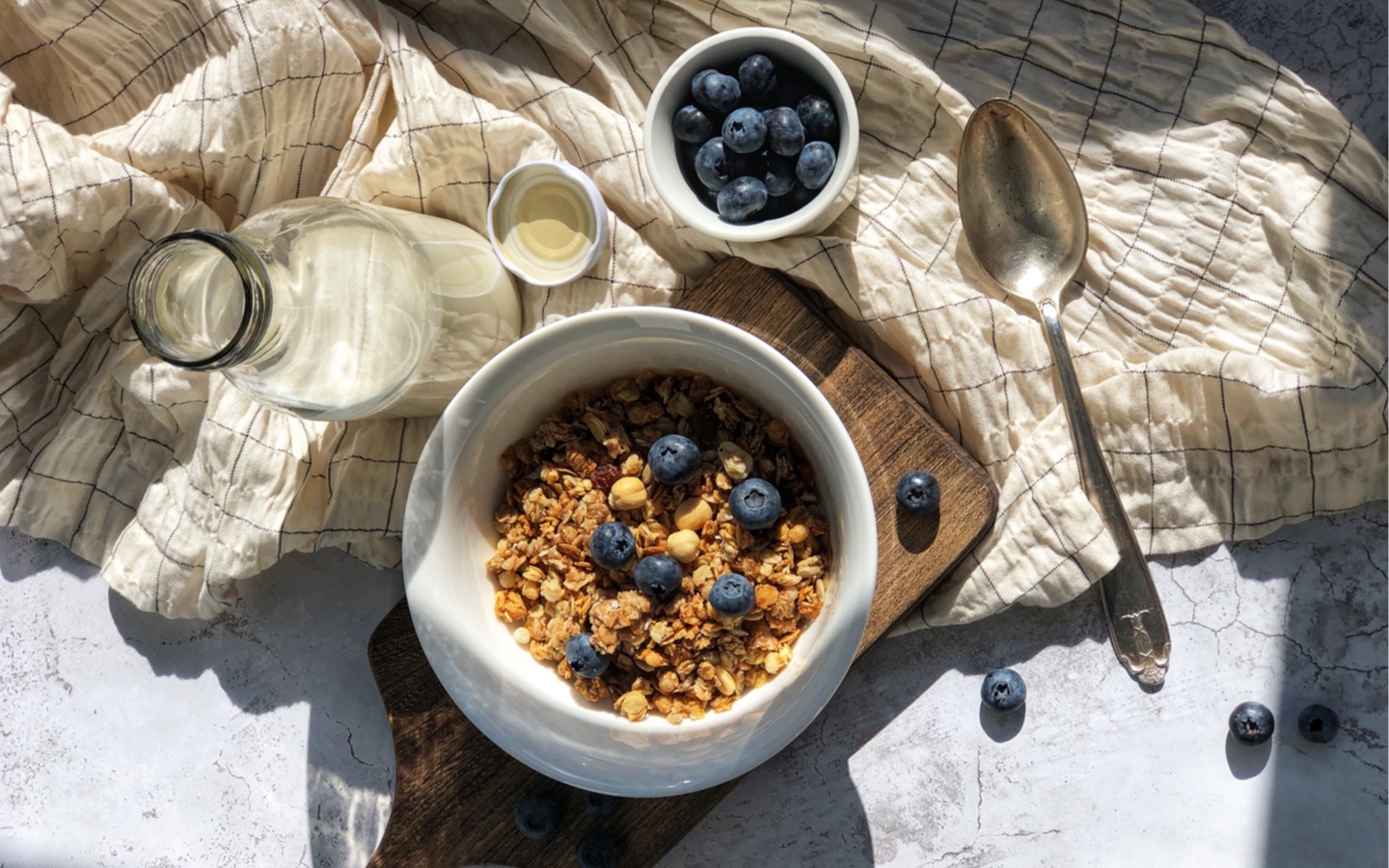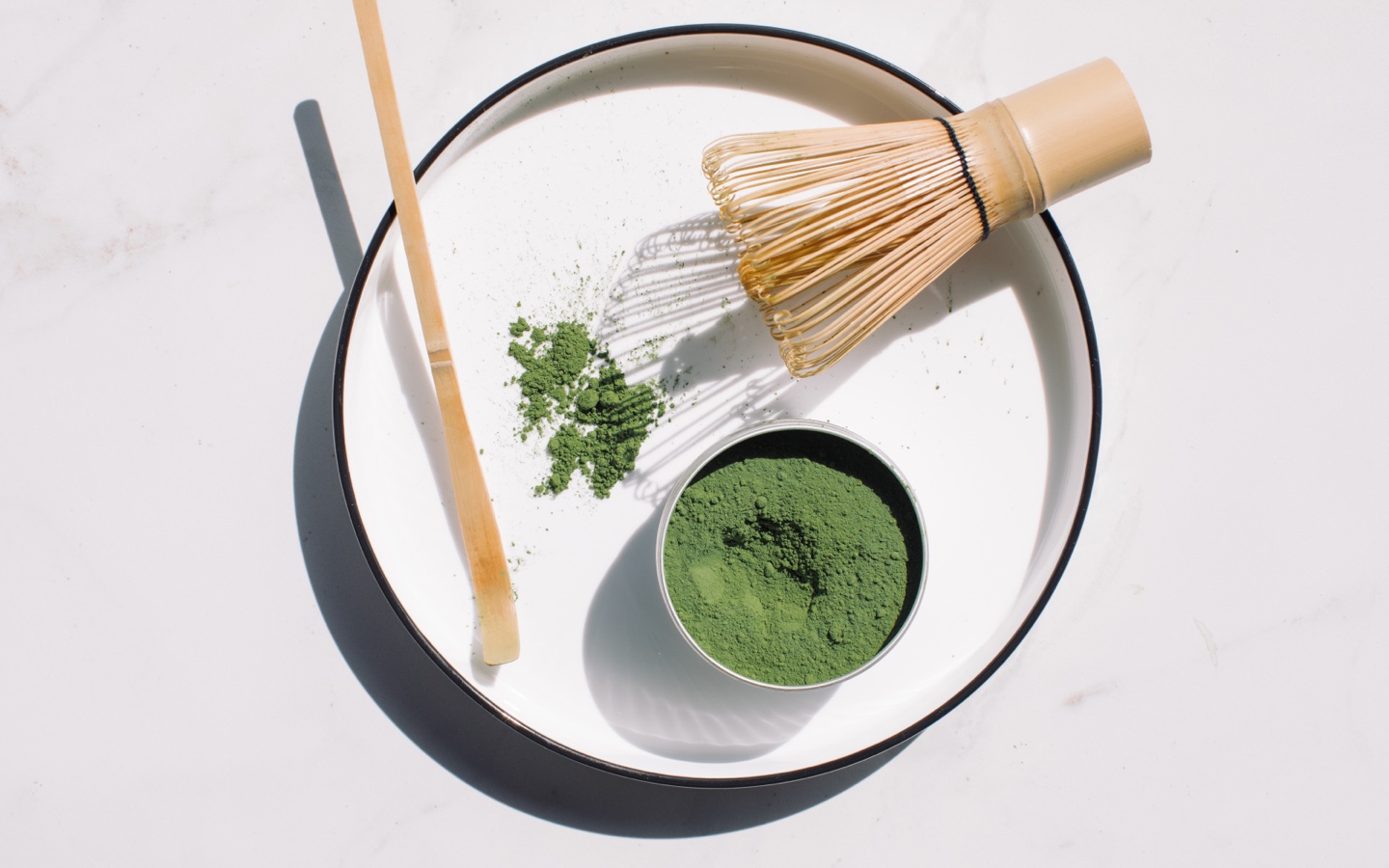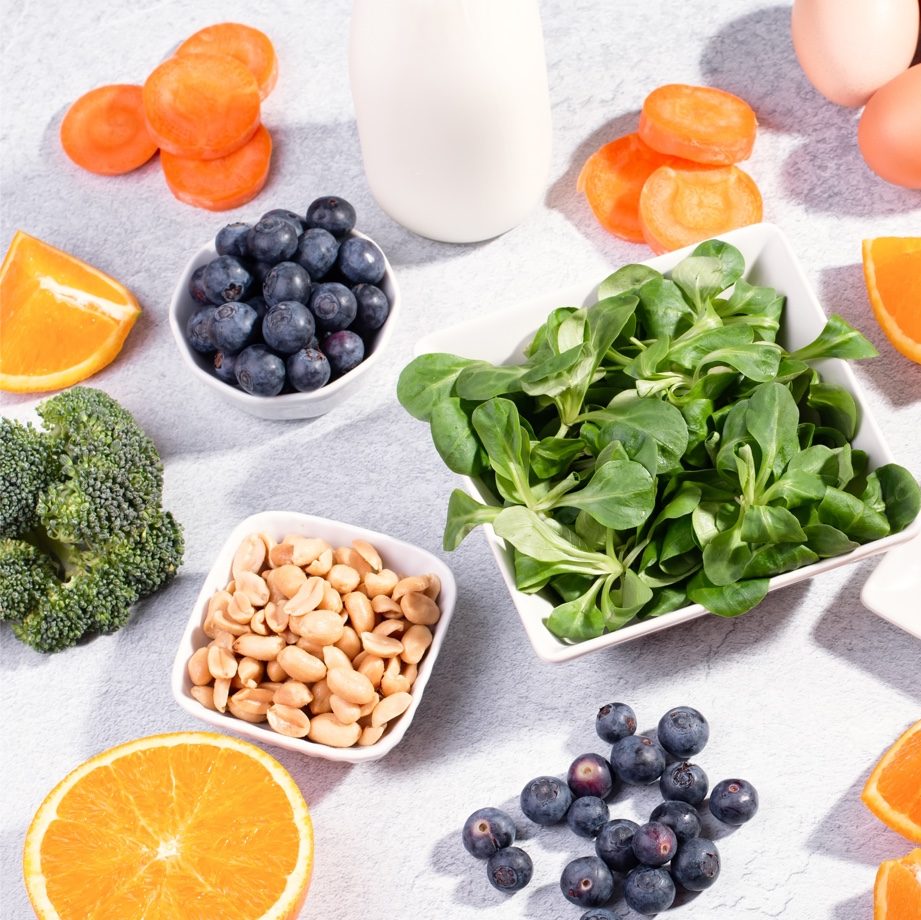Studies show certain foods support improved brain health and better cognitive function.
If you are what you eat, what does that mean for your brain? Nutritionists and scientists have started looking at how our diets impact our minds. And, according to researchers at the Mayo Clinic, eating patterns, like the recently developed MIND diet, which stands for the Mediterranean-DASH Intervention for Neurodegenerative Delay and is a brain-supporting hybrid of two existing eating styles, does just that.
In fact, researchers have found that what you eat can stave off memory loss as you age and keep you sharp — foods like leafy greens, fruits, and healthy fats can lead to improved memory and cognitive function. “When it comes to brain health and cognitive function, healthy fats are a must. In particular, foods that are high in omega-3 fatty acids,” says registered dietician Katey Davidson. Here are the best foods for fueling your body and your brain.
Read more: The Mind-Body Benefits of Vitamin D
Davidson says that fatty fish are an excellent source of EPA (eicosapentaenoic acid) and DHA (docosahexaenoic acid), the omega-3s she says are most important for brain function. Those omega-3s have also been linked to lower levels of the protein associated with Alzheimer’s disease. Look for low-mercury fish, like salmon, light tuna, or cod, and consider eating them two times a week.
If you’re not an animal-eater, you can get similar nutrients from an omega-3 or algae-based supplement. Or, try to get your healthy fats and acids from foods like avocados, flaxseed, and walnuts.

Speaking of nuts, they’re another solid source of omega-3s and alpha-linolenic acid. They’re also full of vitamin E, which has been proven to reduce brain stress. Walnuts in particular have been linked to higher test scores, according to a 2015 UCLA study. The nutrients in nuts are also tied to lower blood pressure, so they’re good for your heart, too. Grab a handful or sprinkle them on oatmeal or salads.
Read more: How Food and Alcohol Affect Sleep
Kale salads aren’t just trendy, they’re great for mind-body function. Mayo Clinic researchers found that leafy green ones like kale, collards, spinach, or lettuce were shown to lower the risk of dementia and cognitive decline. They’ve been proven to be particularly effective in staving off the impacts of aging-related cognitive decline.
Even if you’re not approaching retirement, greens are packed with nutrients like folate, vitamins E and K, carotenoids, and flavonoids that are known to improve brain health. And they’re linked to a range of other positive health outcomes from heart health to lowered obesity risks, so there’s no harm in loading up.

Want something a little sweet? Berries, like blueberries, strawberries, and blackberries, contain flavonoids. The natural plant pigments that give berries their color have also been shown to improve memory and brain function. A Harvard study found that women who ate two or more servings of strawberries and blueberries each week delayed memory decline by up to two-and-a-half years!

A range of research has shown that the amino acid L-theanine in green tea can reduce anxiety and improve memory and attention. Vice-wise, studies have found that caffeine, in your daily tea or coffee, is known to elevate alertness and that moderate drinking — say one glass of wine a night — can have benefits.
As far as supplements go, Davidson says zinc, magnesium, and B vitamins, in general, are important for brain health.
And in terms of no-gos, cutting back on meat, which is high in saturated fat, is a core tenant of the MIND diet. Processed sugary foods are known to dim our cognitive function, too.

Read more: How to Make Celery Juice Without a Juicer
Have feedback on our story? Email us at [email protected] to let us know what you think!

Shop Pillows
The Essential Organic Pillow Collection
Gentle, breathable, non-toxic support.





